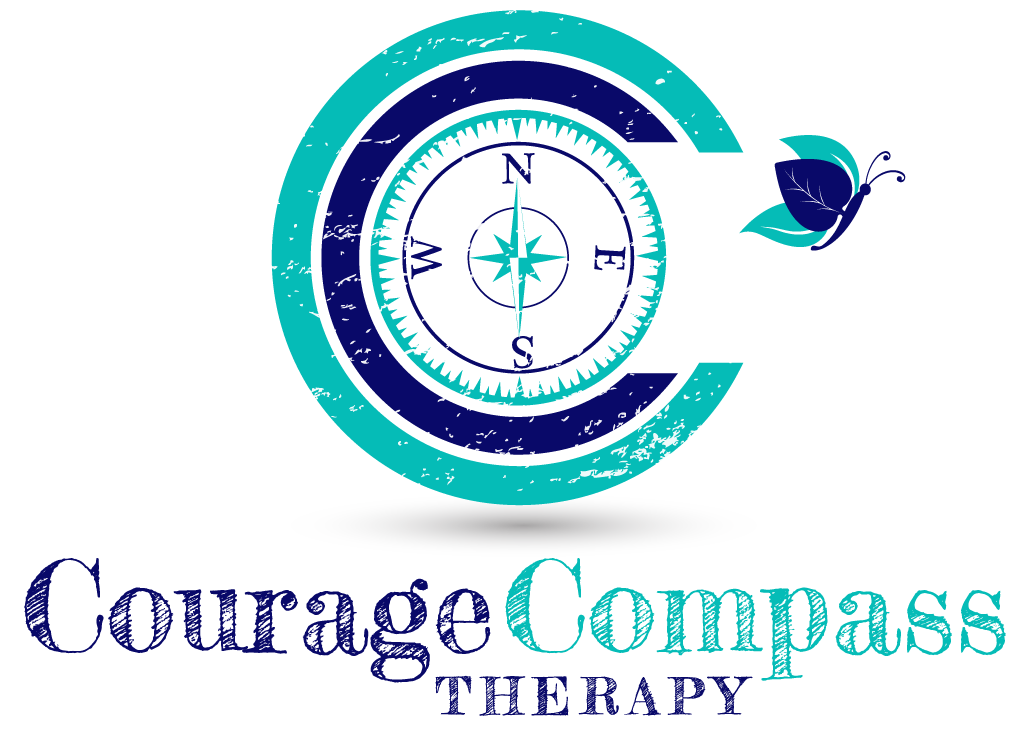Wouldn't it be great if people were as intuitive as animals? They always seem to know when you need a cuddle, reassurance, or an overly enthusiastic greeting. But people can't read our minds, as much as we think they should be able to if they really knew us. Not the case though: they don't always intuitively know what we need. They are not mind readers. It gets even harder when we expect them to and we're constantly let down.
Let's say you just had an argument with someone you care about. You’ve walked away angry and frustrated and are trying to sift through what happened.
The first thing that would be good to ask yourself as you reflect on the exchange: did I ask for what I needed or wanted from this person? When we don’t ask for what we need and expect others to meet those needs, it is a setup for conflict. As author Anne Lamott says, “Expectations are resentments under construction.”
When we’re afraid to ask for what we need, we spend a lot of time time talking, hurting, fighting, and hustling to get our needs met in other indirect ways. For example, when we feel hurt, we may ask a question about why our partner DIDN'T recognize the feeling or the need.
Asking questions seems more benign than directly asking for what you want from the other person, but it's actually critical, and probably repels your partner rather than bringing them closer.
Ok, so HOW does this actually look or sound in real life? This could sound like: "Why would you continue to scroll on your phone when I'm clearly upset?" versus "Hey, would you mind putting your phone down for a sec? I'm feeling really down and I need your support."
OR, we make a sarcastic remark: "Nice job remembering to pick up the eggs and milk, I only asked you three times" versus "Hey, how can I help you remember things like grabbing stuff from the market? A text? A list?"
It sounds pretty direct and uncomplicated, so… why don’t we jump right in and ask for our needs to be met?
IT'S VULNERABLE. Brené Brown defines vulnerability is risk, uncertainty, and emotional exposure. We can’t control the outcome when we go into risky uncertain territory. What if the person doesn’t want to? What if they think we’re too needy? What if they think I’m _____ ?
We think we’re protecting ourselves from the pain and shame of rejection by not asking. By not asking, we can thwart the pain. This is a myth, as there is pain when the resentments bubble up and you explode with rage or anger about your unmet needs. Vulnerability requires us to be courageous and show up for ourselves and others in relationships. I am not saying this is easy. But avoiding vulnerability is one reason why we procrastinate, avoid, circle around asking others for what we need.
IT REQUIRES INTEGRITY, defined as courage over comfort. It’s comfortable to sit back, do everything ourselves, not ask for help, and remain on “warrior island” as one person in my group put it. Handling everything seems so much easier, faster, and efficient than asking for another’s help or support. We can totally be warriors, but even warriors island get lonely, tired, and burned out.
Using courage to show up and ask for what we need is vulnerable, but another warrior move. It’s so brave. It is BRAVING connection. We build trust with others when we seek help and support from them, and give them permission to seek support from us. Most of all, we learn to trust ourselves when we begin to learn the signals our body is giving us to let us know we need help, support, reinforcement, a hug, a ride, privacy, etc.
IT REQUIRES BOUNDARIES. Sometimes what we need is to say no. I can’t. I’m not able. Setting boundaries is something that people who ignore their needs tend to struggle with. A boundary is simply what is ok with you and what is not ok with you.
WE CAN BLAME OURSELVES if we don’t ask for what we want and something bad happens– by making up stories about the reasons why. Well, if only I was nicer, thinner, happier, kinder, richer, smarter, prettier, more helpful, more supportive, etc., then that thing wouldn’t have happened. This is a scarcity trap. Scarcity = never being good enough, and is closely related to shame, or feelings of unworthiness. When we feel like we don’t deserve to ask for our needs to be met by others because we haven’t achieved “good enough,” we’re setting ourselves up to never reach the top. It’s like trying to go up the down escalator. It’s really hard to hustle long enough and fast enough to reach that elusive summit.
We give ourselves the illusion that getting what we want from other people is within our control. It’s a.story.we.are.making.up. It’s not true. It keeps us trapped on warrior island to fight the battle with ourselves to be perfect, to never have needs, and to be completely independent.
Brené explains that we are wired for connection, it’s why we are here. Like, on earth. We have little chance of connecting if we’re unable to ask for what we need from those we desire to be in connection with.
You may be wondering… ok, so now what? What do I actually say? How do approach someone when I’m so afraid of their reaction?
Stay tuned for part II.
Need more support?
Yeah, yeah. Asking for what I need sounds great, but it's really far from where I am... I don't even know where to begin.
If this is you, check out Courage Club, a new e-course and online community to work on building connections with people who are like-minded and interested in creating genuine authentic connection.
Learn more here.



